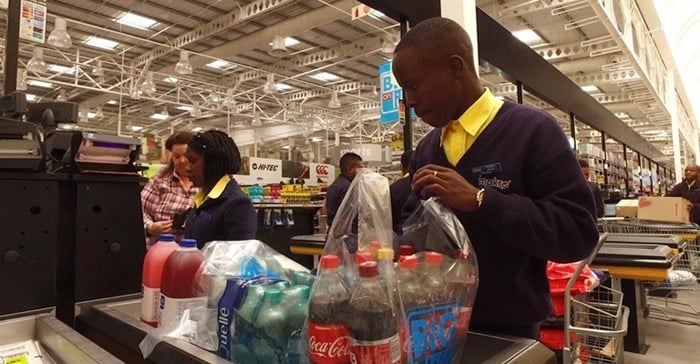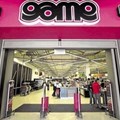CNN Marketplace Africa explores Massmart's slow growth

The $2.4 billion deal raised expectations that Walmart would alter the retail market in South Africa dramatically. Anton Hugo, director, leader retail & consumer, PwC described the anticipation around the acquisition. “The expectation certainly was that Walmart would expand aggressively across the continent. Massmart was operating in 12 countries across the continent and had over 370 stores. It has grown from around 25 stores outside of South Africa to around 35 stores.
“Walmart’s slow expansion in Africa reflects a changing economic environment. If you look at the environment at that stage, I think the theme was one of African rising. You had seven of the ten fastest-growing economies in the world in Africa. One looks at the context, when you see slightly slowing economies in South Africa and Nigeria and other parts of Africa over the last few years.”
The programme revealed that Walmart is now increasing its expansion and wants to open 58 stores in two years, 11 of which will be in markets outside of South Africa.
According to Massmart, Walmart has brought supply chain expertise and helped refine local sourcing of goods. Chairperson of Massmart Holdings Kuseni Dlamini told Giokos, “People like to see local products, especially when it comes to food to the extent that you can partner with local farmers.”
Marketplace Africa learned that Massmart has a diversified portfolio of products - selling everything from food, electronic equipment, to building material. Over the years, South Africa has been the source of more than 90% of the company's turnover. Lately, however, sales have taken a hit, as South Africa fell into a recession earlier this year.
Nigeria at core of African strategy
Dlamini discussed diversifying further into the continent. “Nigeria is very much at the core of our strategy. We are growing our business in Nigeria and Ghana. We are looking at growing our footprint in markets such as Kenya. We are looking at Uganda, Tanzania. We are looking at scaling in those markets, building more stores so that we can grow our presence in those markets.”
When asked about the criticism that the company has not been expanding quickly enough and how it will progress, Dlamini responded, “We're very committed to growing our business on the African continent. We see massive opportunity there for us to be part of modernising the retail industry, to be part of contributing to growth and development across Africa.
"We are following a disciplined approach. We do not just open stores for the sake of opening stores. Our business is about sustainability. It is about being there for a long time. It is easy to open a store today and find that tomorrow it is not sustainable. So, we have a very rigorous, systematic, calculated approach that we use to decide where and when we open a store.”
Maturing relationship with Walmart
Giokos explains how she reported on the Walmart-Massmart deal in 2011 and asks Dlamini how things have evolved over the last six years.
Dlamini said, “I think the relationship has matured over the years and has been mutually beneficial. One of the positive impacts is our supplier development programme. We have managed to create new entrepreneurs that are now part of the supply chain, whose goods you find in our stores. In addition, those entrepreneurs have created new jobs that were not there before. We try to identify opportunities for us to source from local African entrepreneurs. When it comes to talent on the African continent, we employ locals in most of the market. Over 95% of our staff across Africa comprises local associates.
“There are challenges around logistics, infrastructure, clearing customs, officiating ports. Therefore, those create opportunities for us to innovate. For example, when it comes to supply chain in some of the African markets, we have to carry a bulk of stocks of agreements in our supply chain, so that we make sure that our shelves are never empty. Moreover, that is the promise we have to the customer. So, it's exciting to do business in Africa, things are continuously getting better.”
Related
Inaugural Africa-focused Massmart Growth Summit set for April 2025 15 Jan 2025 As trust plummets, how can mainstream media rebuild credibility? 6 Jan 2025 Optimism in an age of AI by Musa Kalenga 1 Nov 2024 PayRetailers expands further into Africa 18 Sep 2024 6 key imperatives for consumer companies to shrink their consumer trust deficit 18 Jul 2024 CNN announces retrenchments and paywall 11 Jul 2024

























